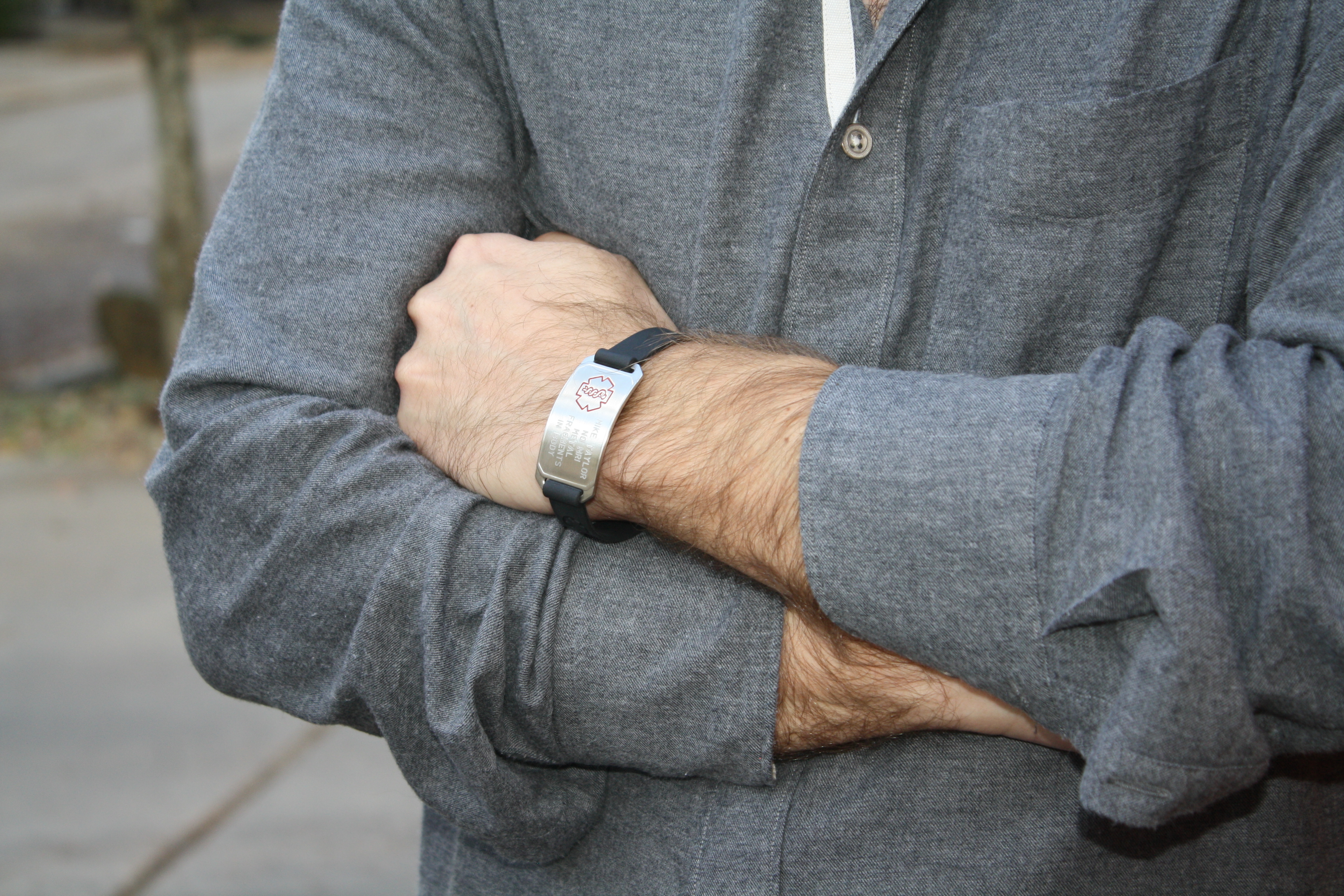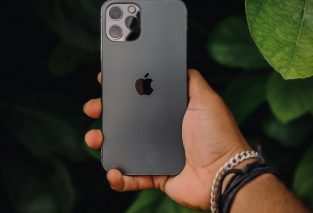A medical ID is a bracelet, necklace, or other item that is custom engraved with vital medical information.
When a person is in a medical emergency and cannot communicate, first responders are trained to look for medical IDs which can quickly help that person get the correct treatment.
If you are ordering a medical ID for a loved one, it is important to include the right information so that medical personnel can be the most efficient in providing care.
What to Ask Before Ordering a Medical ID?
When ordering a medical ID for a parent, child, sibling, or another person, you should ask them for their full medical history or request these records from their doctor if they cannot answer for themselves. If ordering a medical ID for your child, you should ask their doctor if a medical ID is a good idea and what information to include.
In general, a medical ID should include the following:
- Personal information: medical IDs should include the full name of the wearer
- Medical conditions: include any chronic conditions such as asthma, cardiovascular concerns, diabetes, epilepsy etc. and especially any conditions that may cause your loved one to be unable to communicate with emergency staff
- Medications: list any medications your loved one is taking
- Allergies: list any allergies your loved one has to medications, food, or insects
- Medical devices: list any medical devices, such as a pacemaker, that your loved one has
- Communication challenges: list any challenges to communication that your loved one has such as autism, non-verbal, or deaf so that first responders know why your loved one may not respond as expected
- Equipment or assistance needed: if your loved one needs equipment such as an oxygen tank or a wheelchair or if they need physical help with mobility it should be listed on the medical ID
What Style of Medical ID Should I Get?
Styles of medical IDs can include bracelets, necklaces, shoe tags, key chains, slides for Apple watch or FitBit, phone cases, and wallet cards. Keep in mind that the style of the ID should fit the lifestyle and personality of the person to wear it.
If you are ordering a medical ID for a parent, you should ask them what style they prefer to wear. When ordering for a child, keep in mind how active they are and what is going to be the most comfortable for daily wear.
You should make sure to select an ID with an emblem size that can fit all of the necessary medical information that first responders need to know in an emergency. The ID should fit securely and comfortably with the size and style that you choose.







